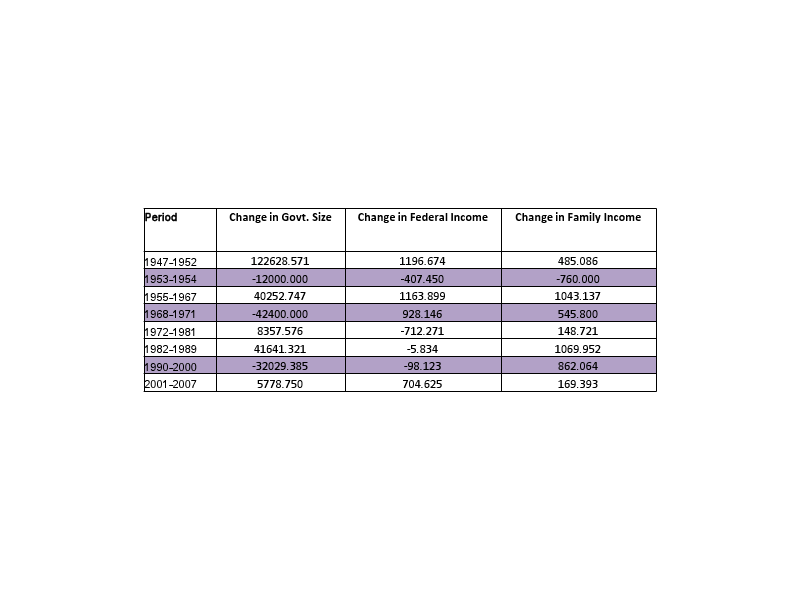Language has always fascinated me. It really began when I took Latin in high-school (a love for which was recently rekindled by a “edutainment” program packaged with the KDE desktop manager: KLatin). The way that so much meaning could be hidden in a few words, a few well-chosen endings on a noun-verb pair, made me appreciate the power of language. Recently, my sideline explorations of the theory of evolution have sparked a renewed excitement about language. The evolution of language in humans and other animals is a mysterious, but intriguing example of how life forms develop to form and maintain critical social networks key to survival. When was it that humans first realized that vocalizations could be coherently arranged to convey feelings and concepts? What was that like? Can we learn about that process from observing chimpanzees who have learned sign-language and can express thoughts to humans?
The manipulation and abuse of language also fascinates me. Our continued ability to misuse words, or conduct manipulation through phrasing, amazes me. No better recent example exists than the “war on terror”. Franklin Roosevelt, in his first inaugural speech, is famous for speaking about the Great Depression plaguing American in the following way:
“I AM certain that my fellow Americans expect that on my induction into the Presidency I will address them with a candor and a decision which the present situation of our Nation impels. This is preeminently the time to speak the truth, the whole truth, frankly and boldly. Nor need we shrink from honestly facing conditions in our country today. This great Nation will endure as it has endured, will revive and will prosper. So, first of all, let me assert my firm belief that the only thing we have to fear is fear itself—nameless, unreasoning, unjustified terror which paralyzes needed efforts to convert retreat into advance. In every dark hour of our national life a leadership of frankness and vigor has met with that understanding and support of the people themselves which is essential to victory. I am convinced that you will again give that support to leadership in these critical days.”
http://www.bartleby.com/124/pres49.html
These words have no less resonance in the context of the realization that the United States is as much a target of terrorist ire as was England from the IRA, or Israel from Hamas. It’s not that the world is more dangerous than it was before, say, September 11th. The first attack on the World Trade Center, the attack on the U.S.S. Cole, the attack on the Khobar Towers, were all indicators. They warned us of the gathering threat to America inspired by our interventions of convenience in the Middle East and the lackadaisical engagement of the U.S. in promoting an independent Middle East free from regional in-fighting and the economic interests of the West. It’s only now that people who failed to read the news, watch the TV, listen to the radio, and put the pattern together, woke up to it that pleasant fall morning. Whatever the reason, we’re now stuck with a meaningless phrase describing U.S. responses to terrorist efforts: the “war on terror”.
The name has laughable qualities, most notably the idea that by killing those who would kill us, we would rid ourselves of terror. That somehow, the embodiment of all fear lies in the beating hearts of extremists and that by silencing their hearts, we can silence the nameless, faceless horror. This is naive, of course – to really defuse the situation will require a careful combination of diplomatic, humanitarian, economic, and military options. The current emphasis on saber rattling makes all the other options seem like formalities, a prelude to brutal slaughter. You can’t offer one hand in peace and tense your other hand on the hilt of your weapon, and expect the other party to feel at ease in the negotiation.
It was a headline from MSNBC that got me thinking about all of this: “Many Americans fear another terror attack” [MSNBCFear]. Of course they do – they have only fear itself to fear, so naturally they have issues with an attack of terror. This misuse of “terror” to mean “terrorist” is a sad commentary on the lack of imagination in our nation today. The 9/11 commission had it right when they warned that it was only a lack of imagination that led to Sept. 11, and the recent excitement that people could mix liquids on a plane is another instance of that failed imagination. Nobody should be surprised that this was being planned, since it’s the most obvious thing in the world. Hollywood probably predicted it long ago, and it wouldn’t surprise me if terrorists have watched “In the Line of Fire”and got some neat ideas about composite materials.
The only thing we really have to fear is a lack of innovation. I just hope that from bottom to top, we can reinvigorate the imagination of the country before too much longer.
.. [MSNBCFear] “http://www.msnbc.msn.com/id/14598506/”:http://www.msnbc.msn.com/id/14598506/




